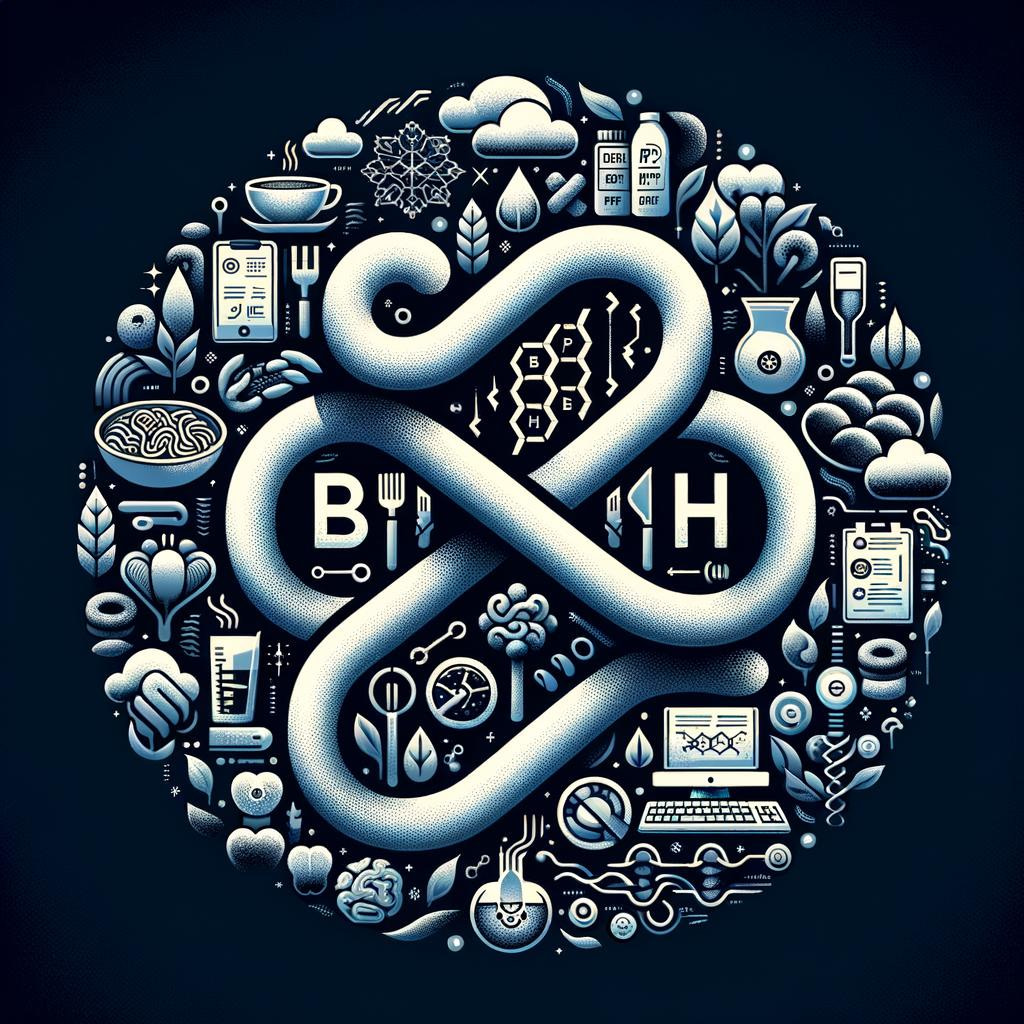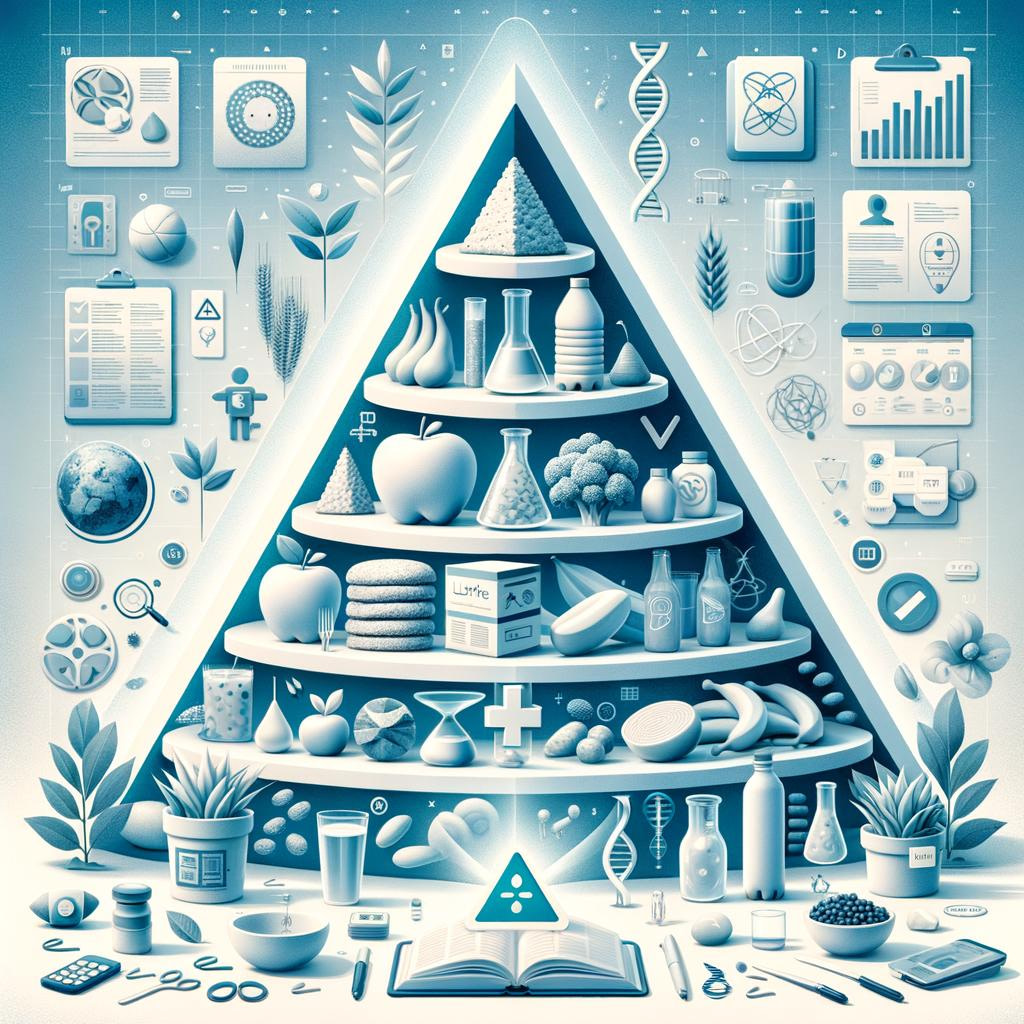
Introduction
The age-old dilemma—what not to eat?—receives a new spin when it applies to individuals diagnosed with benign prostatic hyperplasia (BPH). Surprisingly, food choices can have a significant impact in managing the symptoms of this condition. Without mincing words, diet does play a supporting role in the battle against BPH. The focus here is to unravel the dietary dos and don’ts, providing a culinary compass to guide BPH patients towards healthier choices. Let’s embark on this delectable detour, highlighting foods to avoid for BPH, shining a spotlight on the role of nutrition in managing prostate health, and providing a helpful roadmap for this personal health journey.
Caffeinated Culprits
Just like pouring oil on fire, introducing caffeine into your system could inflame your BPH symptoms. This sneaky stimulant, hiding in your beloved lattes and espressos, can pressurize your prostate, making those bathroom trips more frequent and frustrating.
Alcohol: BPH’s Bitter Enemy
Alcohol might be the life of the party, but it’s certainly not the ally of your prostate. With its diuretic tendencies, alcohol can increase urination frequency and leave you feeling more uncomfortable.
Steer Clear of Spicy Foods
While spicy meals may be tantalizing for your taste buds, they are anything but gentle on your prostate. Those flaming hot wings and piquant peppers can unfortunately exacerbate your BPH symptoms, leading to increased discomfort and urinary issues.
Red Meat: A Red Flag
Hot dogs, steaks and burgers – oh my! For BPH sufferers, a second look at red meat is vital. This protein power-house could potentially provoke prostate problems, pushing you to revise your BBQ plans and reconsider your dietary choices.
The Savage Sodium
Too much salt isn’t just a tale of high blood pressure anymore. Mightily masked in processed and canned foods, sodium silently aggravates BPH symptoms, making moderation more than just a dietary buzzword for BPH patients.
Dairy Drama
Got milk? Maybe it’s time to check. High consumption of dairy products may be in cahoots with BPH condition. A revision of your daily dairy dosage could prove helpful in managing prostate health.
Conclusion
In conclusion, your fight with BPH is not solitary. It involves re-evaluating daily dietary choices. From reducing caffeinated beverages and alcohol to cutting back on spicy foods, red meat, sodium-heavy and dairy products – small dietary changes can lead to significant improvements in managing BPH symptoms, setting the stage for a healthier prostate.
Frequently Asked Questions
Q1. What should I eat if I have BPH?
A. Focusing more on fruits, vegetables, lean proteins, and reducing intake of red and processed meats, dairy products, and sugary foods and drinks is advisable.
Q2. Can BPH symptoms be reduced effectively with a dietary change?
A. Yes, evidence suggests that a well-balanced diet can contribute to improving and managing BPH symptoms effectively.
Q3. Does alcohol exacerbate BPH symptoms?
A. Yes, alcohol consumption can exacerbate urinary symptoms associated with BPH due to its diuretic effect.
Q4. Are there specific foods I should avoid if I have BPH?
A. It’s advisable to reduce intake of caffeine, alcohol, spicy foods, excessive salt, red meat, and certain dairy products if you have BPH.
Q5. Can dietary supplements help manage BPH?
A. Some people find dietary supplements beneficial, but always consult your healthcare provider before starting any new dietary supplement.

